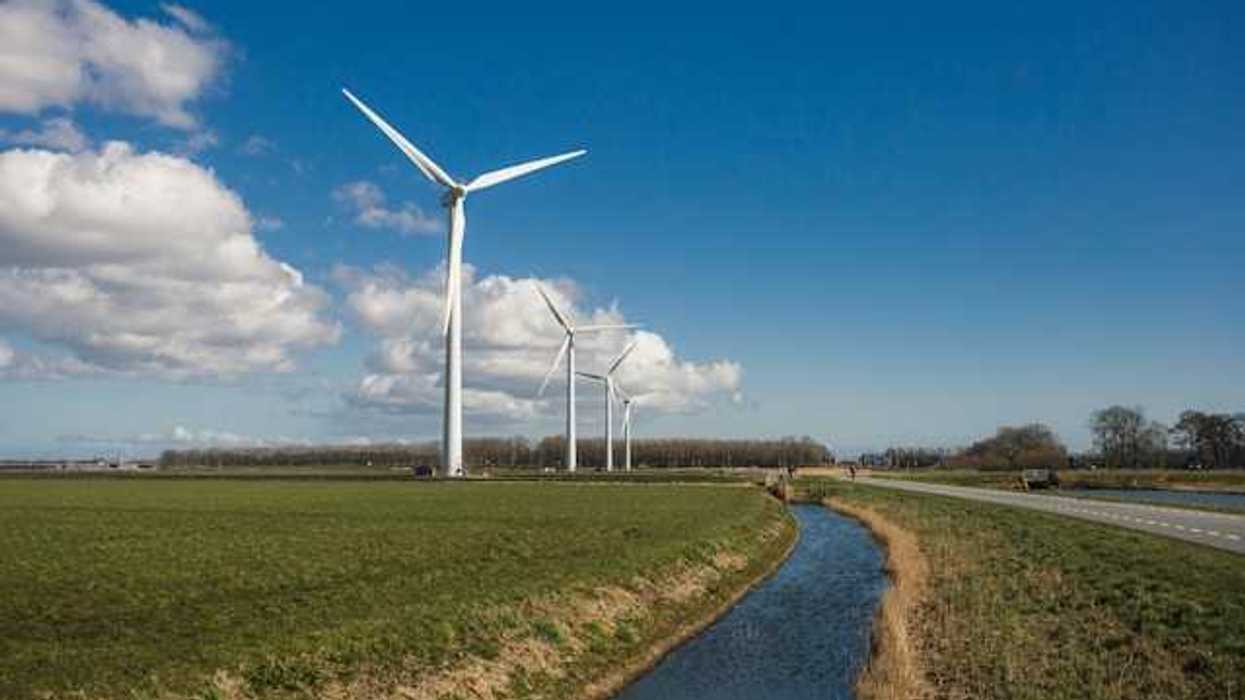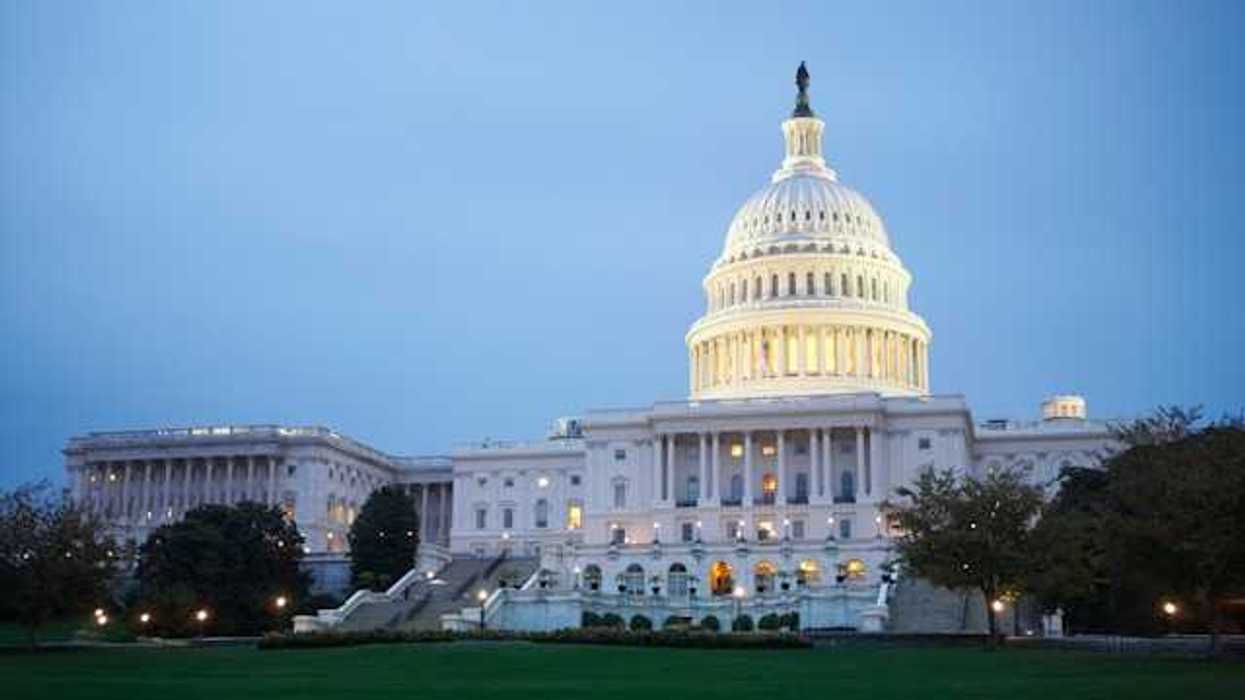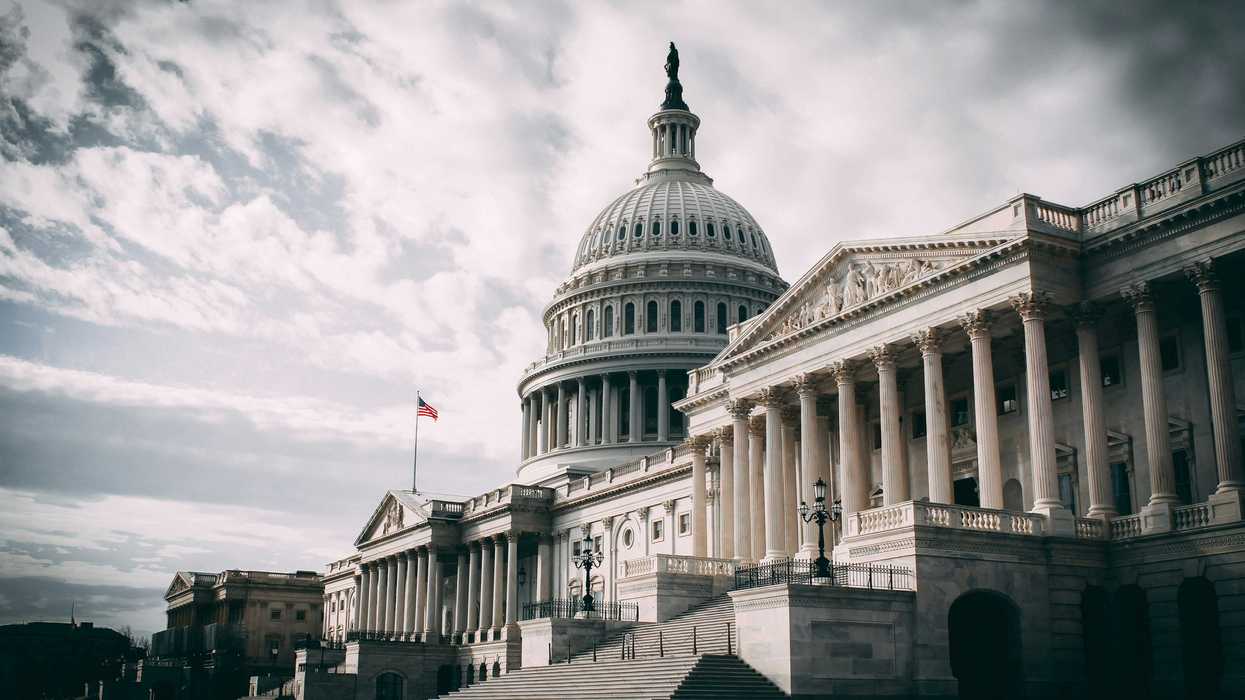A data center owned by Elon Musk’s xAI has become one of the largest polluters in South Memphis, running 35 methane gas turbines without required air pollution permits in an area already burdened by high asthma rates.
Ariel Wittenberg reports for POLITICO.
In short:
- XAI’s turbines emit an estimated 1,200 to 2,000 tons of nitrogen oxides annually, outpacing local industrial polluters while lacking federally required pollution controls or Clean Air Act permits.
- Residents of nearby Boxtown, a predominantly Black community, report worsening asthma and respiratory issues and accuse local leaders of prioritizing corporate interests over public health.
- The turbines are classified as “temporary” to exploit a regulatory loophole, but environmental groups argue they should be regulated as stationary pollution sources requiring permits and controls.
Key quote:
“I can’t breathe at home, it smells like gas outside. How come I can’t breathe at home and y’all get to breathe at home?”
— Alexis Humphreys, Boxtown resident and asthma sufferer
Why this matters:
The surge of AI-driven data centers like Musk’s xAI is fueling a national collision between technological expansion and environmental health. These facilities demand enormous energy — often produced by fossil-fueled turbines — that can severely degrade local air quality, especially in vulnerable communities already coping with industrial pollution. In South Memphis, the decision to allow xAI’s turbines to operate without air permits exposes systemic environmental injustices tied to historical redlining and lax enforcement. As data centers proliferate nationwide, they risk becoming new nodes of environmental harm, deepening the public health burdens on low-income and minority neighborhoods while regulators struggle to keep pace with the industry’s rapid growth and political backing.
Related: Elon Musk’s AI firm running unpermitted gas generators near Memphis neighborhoods














